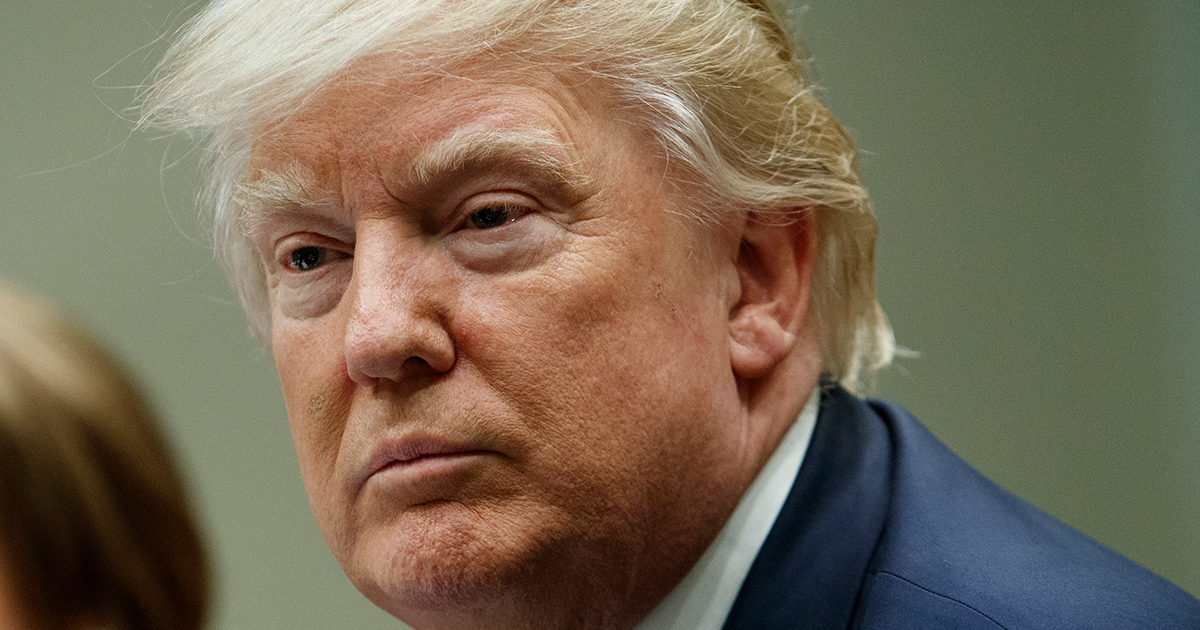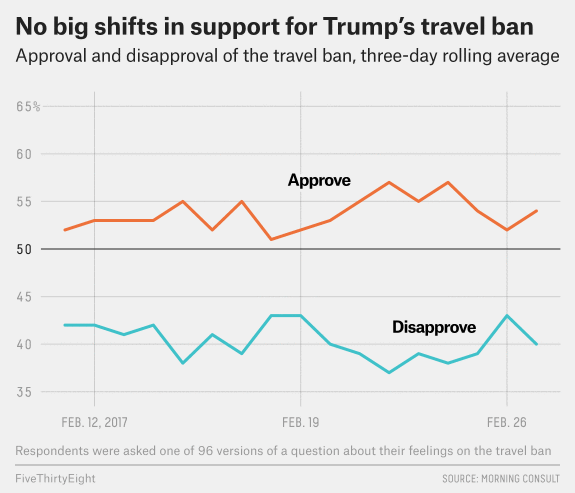The Problematic Reaction to the Boycott Hawaii Hashtag

By:
After a federal judge in Hawaii temporarily blocked President Donald Trump's revised executive order on immigration on Wednesday, some Twitter users launched a hashtag campaign to boycott travel to the state. But the hashtag was quickly overrun with tweets mocking those supporting the boycott, revealing a vitriolic political divide.
 AP/Evan Vucci - apimages.com
AP/Evan Vucci - apimages.com
Much has been said about the growing partisan gap in the U.S. — which was made especially clear during the 2016 presidential election. Trump's victory didn't just defy polls, though. It exposed communication barriers between voters living in distinct ideological and socioeconomic bubbles.
These tweets reflect part of that communication problem.
The tweets follow a few stereotypical themes: Trump voters, the tweets presume, are poor, less intelligent, isolated, and drive pickup trucks. There's data on the demographics of general election voters that dispute these generalizations. For example, the median household income of Trump voters was higher than those who voted for former Secretary of State Hillary Clinton; and while more Trump voters live in rural areas and small cities, 50 percent of suburban voters went for Trump in November 2016.
But the inversion of the Hawaii boycott hashtag has broader implications.
The sentiment behind the proposed boycott — opposition to a district court's restraining order against Trump's revised travel ban — runs deeper than a hashtag. Polls have consistently found that a majority of Americans approve of the executive order, FiveThirtyEight reported.
 FiveThirtyEight - fivethirtyeight.com
FiveThirtyEight - fivethirtyeight.com
An effective dialog about Trump's executive order requires critics to engage supporters of the ban with facts, rather than sling insults.
Experts have pointed out problems with the administration's "national security" rationale for the travel ban. It affects immigrants from countries that haven't been behind domestic terrorist attacks in the U.S. for at least 15 years, and it puts a 120-day end to a refugee program that adheres to stringent vetting standards.
But those arguments aren't being represented in the Twitter responses to the #BoycottHawaii hashtag. Rather, users are lobbing insults at an imagined voting bloc, reinforcing those ideological divides that have fueled partisan tensions in the United States.
